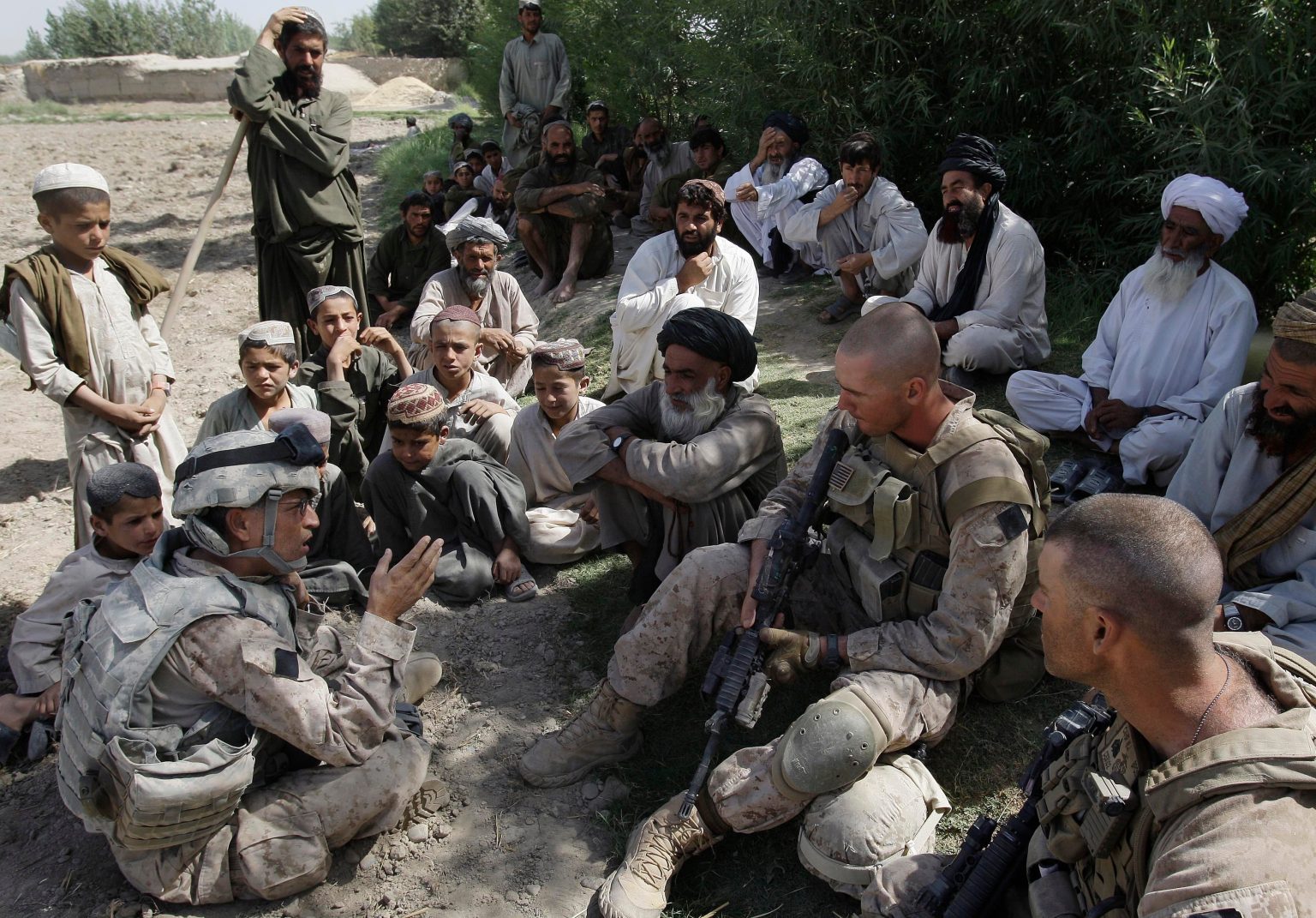In a recently leaked budget proposal revealed on April 10, the White House Office of Management and Budget (OMB) indicated a major shift in the U.S. government’s stance on aiding Afghan allies. This includes the planned cessation of funding for the Coordinator for Afghan Relocation Efforts (CARE) program, which has been pivotal for Afghans seeking refuge in the United States. As the program faces the potential shutdown by the end of fiscal year 2025, concerns grow over the implications for thousands of Afghan allies still in the relocation pipeline and the U.S.’s commitment to its promises.
| Article Subheadings |
|---|
| 1) Overview of the Funding Proposal |
| 2) Reactions from Government Officials |
| 3) Expert Opinions on Afghan Ally Support |
| 4) Implications of the CARE Program’s Shutdown |
| 5) Call for Congressional Action |
Overview of the Funding Proposal
On April 10, the White House OMB leaked a budget proposal indicating that additional funding for the CARE program might be halted. This proposal was accompanied by a plan to utilize the program’s remaining $600 million to facilitate an “orderly shutdown” of CARE by the end of the fiscal year 2025. The CARE initiative has been vital in assisting Afghan allies, notably those who supported U.S. military efforts and are now seeking refuge from Taliban reprisals. The lack of clarity on how the remaining funds will be used remains a pressing issue, as many Afghan allies remain in precarious situations both in Afghanistan and abroad.
Reactions from Government Officials
Following the leak, representatives from the National Security Council and the State Department refrained from providing direct answers regarding the allocation of these potentially remaining funds. A spokesperson affirmed that the department is “actively considering the future” of the CARE program, stressing that no conclusive decisions have yet been made. Meanwhile, veterans and experts have expressed their concern regarding the ramifications of ceasing support for this program, worrying about the message it sends to current and potential Afghan allies. The failure to address these issues could result in damaging consequences for the credibility of U.S. commitments abroad.
Expert Opinions on Afghan Ally Support
Veterans and military experts weighed in on the significance of continuing support for Afghan allies, with many emphasizing the moral and ethical responsibilities that accompany U.S. military involvement. Shawn VanDiver, a U.S. Navy veteran and founder of #AfghanEvac, highlighted that Operation Enduring Welcome represents a robust pathway for Afghan immigrants and serves as a chance for well-vetted individuals to begin anew in the U.S. communities.
“This is the safest, most secure legal immigration pathway our country has ever seen,”
he noted. He also criticized the current administration’s slow processing times that have left many allies stranded in various countries, including Pakistan, where approximately 10,000 Afghans are waiting for support.
Implications of the CARE Program’s Shutdown
The potential dismantling of the CARE program raises profound questions about the future of countless Afghan individuals who are at risk due to their association with the U.S. military. Concerns have been further amplified by the absence of a clear roadmap for how remaining Afghan allies will be processed, leading many to fear for their safety. The implications of this decision could reflect poorly on the U.S.’s international standing and its dedication to upholding past promises made to those who supported American efforts during the Afghanistan conflict.
Call for Congressional Action
Advocates for Afghan allies have begun mobilizing to secure congressional support for the continuation of the CARE program. Organizations like No One Left Behind have urged lawmakers to authorize a three-year appointment for a Coordinator for Afghan Relocation Efforts, emphasizing the urgent need for a structured approach to refugee processing. Andrew Sullivan, the executive director of No One Left Behind, stated,
“We have a moral obligation and a national security imperative to ensure we’re continuing the facilitation of movement and safe refuge for our wartime allies.”
There is a prevalent belief that continuing with the program is not just a legal necessity but a moral one, reflecting the U.S.’s commitments toward those who risked their lives to assist American forces.
| No. | Key Points |
|---|---|
| 1 | Leaked budget proposal signals potential cease of CARE funding. |
| 2 | State Department indicates no final decisions made regarding Afghan relocation efforts. |
| 3 | Experts raise concerns about the implications for Afghan allies facing Taliban retribution. |
| 4 | Veterans argue for moral obligation to uphold commitments to Afghan allies. |
| 5 | Calls are increasing for congressional action to support ongoing Afghan relocation efforts. |
Summary
The potential termination of the CARE program poses significant challenges not only for the remaining Afghan allies but also for the integrity of U.S. foreign commitments. As various stakeholders push for continued support and effective responses to the Afghan situation, the next steps taken by the government will be crucial in shaping the future safety and welfare of those who served alongside U.S. forces. Ensuring the well-being of Afghan allies reflects America’s core values of promise and accountability.
Frequently Asked Questions
Question: What is the CARE program?
The CARE program, or Coordinator for Afghan Relocation Efforts, was established to assist Afghan allies who supported U.S. troops in their relocation to the United States. It provides various forms of support, including visa processing and resettlement assistance.
Question: Why is the funding for the CARE program being evaluated?
The funding is under review due to budget considerations outlined in a recent proposal from the White House, which suggests a potential shutdown of the program by the end of fiscal year 2025.
Question: What are the risks for Afghan allies if the CARE program is shut down?
If the CARE program is shut down, many Afghan allies face severe risks, including being targeted for retribution by the Taliban. Without support and refuge options, their safety and well-being could be severely compromised.


